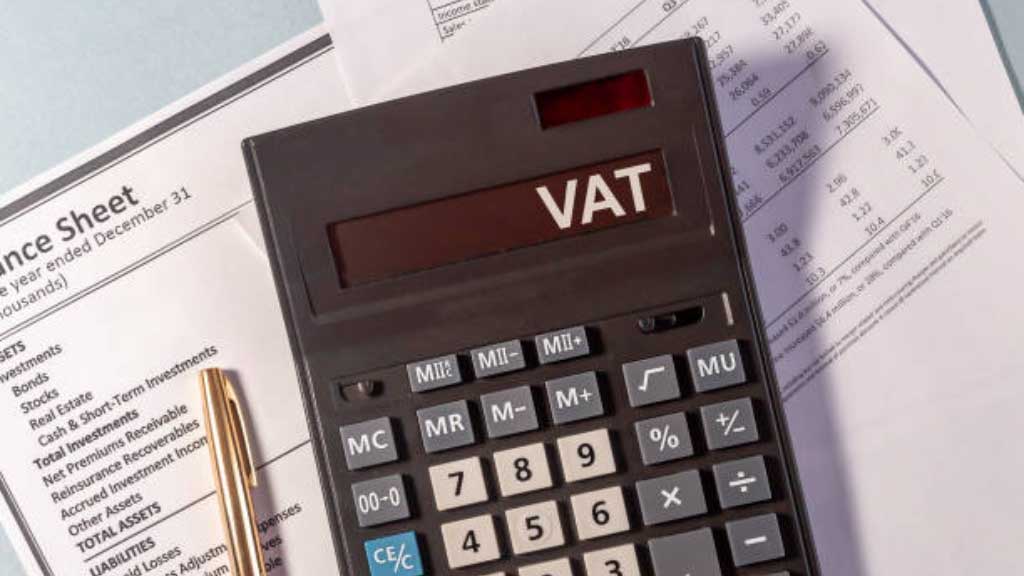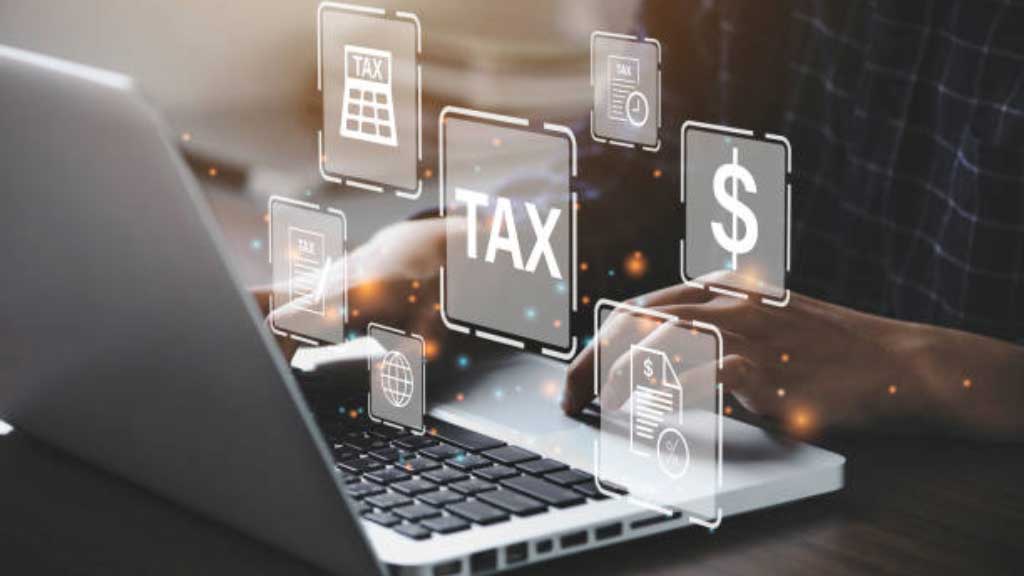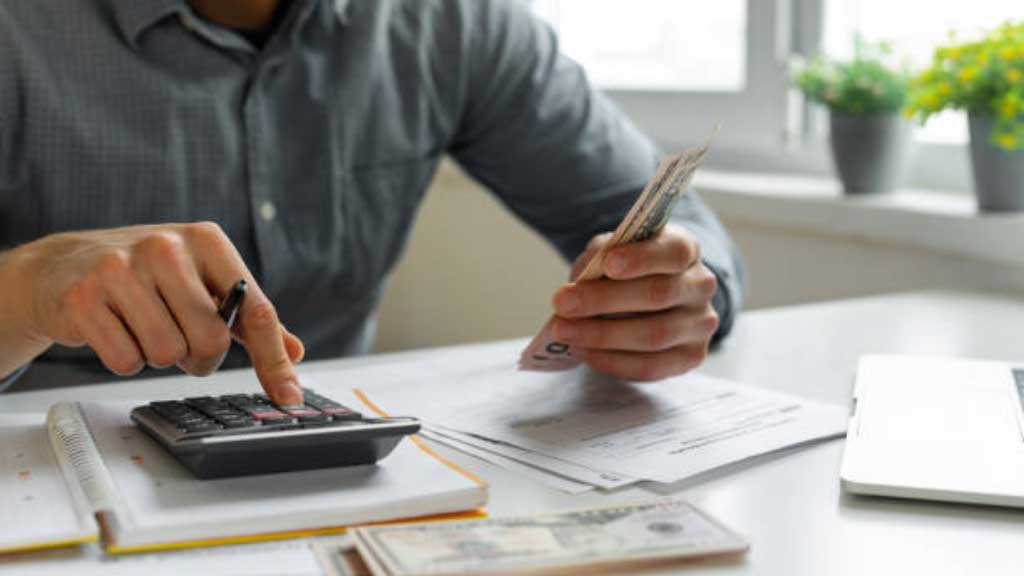VAT is paid by way of a flat percentage of a business’s annual sales, which is known as the VAT Flat Rate Scheme.
Small businesses will benefit from the VAT Flat Rate Scheme because of its simplified VAT Return process. Unlike other VAT schemes, there are no paperwork requirements for the scheme, which helps businesses pay about the same amount of VAT.
Businesses keep the difference between what they pay HMRC for VAT and what they charge their customers.
Also, read How to check a company VAT number?
While there are exceptions for capital assets over £2,000, businesses paying a flat rate generally cannot reclaim VAT if they purchase goods.
Can I use the VAT Flat Rate Scheme?
If you are interested in joining the VAT Flat Rate Scheme, you must:

- Register for VAT
- With an annual turnover predicted to be under £150,000 (ex. VAT).
The VAT Flat Rate Scheme requires businesses to apply to HMRC, unlike other VAT accounting schemes. A tax consultant or accountant can also help you determine whether the scheme is right for your business before you join the scheme.
Who can’t use the VAT flat rate scheme?
The VAT Flat Rate Scheme is not available to certain businesses, including those that:
- Within the past year, leaving the scheme
- A VAT offense such as VAT evasion was committed within the past year
- Business associates – for example, two businesses that are related financially or professionally
VAT Flat Rate Scheme participants who are no longer eligible must leave the program. Participants can leave the program at any time.
Also, read What is the current VAT rate in UK
What is the cost of the VAT Flat Rate Scheme?
The VAT Flat Rate Scheme, on the other hand, computes the tax owed by multiplying the tax flat rate you pay by the total turnover you include tax.

In this example, if the overall turnover is ten thousand pounds and you pay a flat rate of ten percent, then you will pay a rate of one thousand pounds.
There is a flat rate for your business that is determined based on the type of business you run and the number of goods purchased by your company. In the first year that all businesses are registered for VAT, they get a 1% discount on their taxes.
Flat rates for low-cost businesses
Small businesses and traders are considered limited-cost businesses or traders and are subject to a higher rate of 16.5%.
The number of goods you must spend to qualify as a limited-cost business cannot exceed 2% of your turnover. If you spend less than £1,000 per year on goods, even if that amount represents more than 2% of your annual revenue, you are considered a ‘limited-cost business’.
You should exclude purchases such as capital assets, food, and drinks, vehicles or parts of vehicles when calculating how much you spend on goods (unless you hire vehicles).
Flat rates for various business types
Unless you operate a limited-cost business, your flat rate is determined by the type of business you run. Each industry has its own flat-rate.

In contrast, retailers who sell foods, confections, newspapers, tobacco, and clothing for children pay only 4%. Those at the top, including accountants, bookkeepers, IT and computer consultants, civil and structural engineers, architects, and surveyors, pay flat rates of 14.5%.
Also, read VAT Inclusive Meaning
The HMRC website has a full list of flat rates by business type.
Pros of the VAT Flat Rate Scheme
Among the benefits of the VAT flat rate scheme are:
- Managing cash flow for businesses
- Fixed rates that are lower than the standard rate
- Keeping records easier
Cons of the VAT Flat Rate Scheme
In calculating flat rate percentages, zero-rated and exempt sales are taken into account. In addition, VAT is included in the calculation. You might not benefit from the VAT Flat Rate Scheme if:
- You tend to purchase standard-rated items since you cannot generally reclaim VAT
- Under standard VAT accounting, you receive a VAT refund regularly
- Your sales are exempt or zero-rated a lot.
Some businesses may not benefit from the flat rate scheme. You should consult the HMRC website’s VAT section or speak to an accountant:
https://www.gov.uk/vat-flat-rate-scheme
